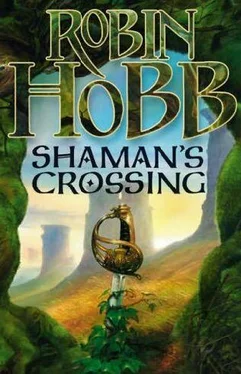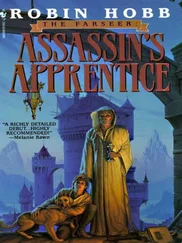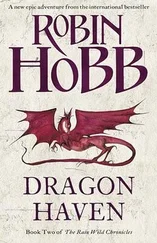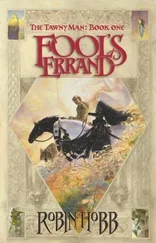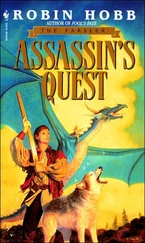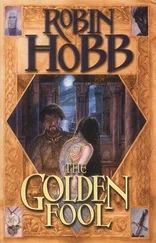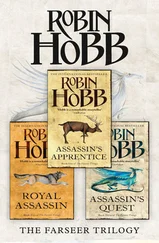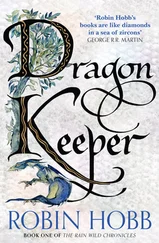Later I realized that I never saw that man again. My fever-fuddled mind noticed that the people dumping the slop buckets and bringing water to the moaning cadets no longer moved with the precise air of those trained in the military. There were more women working in the infirmary than I would have expected, and some seemed of less than sterling character. At one point, I saw one going through the pockets of a cadet’s jacket as he lay unconscious and groaning in his bed. I had not the strength to lift my hand or voice. When next I opened my eyes, the cadet was covered head-to-toe with a soiled sheet. The altercation between the doctor and two old men in earth-stained clothes had awakened me.
“But he’s dead!” One of the old men was insisting. “Ain’t right to let him lie there till he stinks, you know. Bad enough stink in here already.”
“Leave him!” Dr Amicas spoke forcefully but without strength. He looked years older and far more frail. “No bodies are to be removed from this room unless I personally give the order. Cover them, if you feel you must, but let them be. I want at least twelve hours to pass between the time of death and the removal of the body.”
“But it’s not right! It’s not respectful!”
“I have my reasons. Leave it at that!”
The other man abruptly asked, “Is it true what I heard? That a woman was put alive in her coffin, and by the time they heard her pounding on the lid, it was too late? She died on the dead cart, there in the cemetery?”
The doctor looked haggard. “No body is to be removed from this ward without my consent,” he said quietly.
“Doctor,” I said hoarsely. When he did not turn to my voice, I tried to clear my throat. It did little good, but the next time I rasped out, “Doctor!” he turned toward me.
“What is it, lad?” he asked, almost kindly.
“Did you speak to the colonel for me? Does he know that Caulder lied about me?”
He looked at me in a vague way that told me he had forgotten the matter that still obsessed me. He patted my shoulder absently. “Caulder is very ill, lad, and the colonel is not well himself. He fears he will lose his only son. This is not a good time to talk to him about anything.”
Then down the ward, a man moaned loudly, and I heard a gush of fluid hit the floor. The doctor hurried away from me, taking all hope with him. Caulder would die. No one would ever be able to prove he had lied about me. Live or die, I was disgraced. If I died, my father could bury his shame. If I died, there could be no further dishonour for my father or me.
This time, as I sank into fever, I sank with a will. I turned my mouth determinedly from the cool cup that someone pressed to my lips. I would not drink.
I died.
I came to a place of blowing darkness and emptiness. I peered about me into a dull and perpetual evening. I wasn’t alone. Others milled there, as fortuneless and disinterested as I. It was hard to make out individual features. Faces were blurred and clothing merely shadows, but here and there, a detail stood out. A woman recalled her wedding ring, and it shone golden still on an ethereal hand. A carpenter clutched his hammer. A soldier moved past me, the medals for bravery glinting on his chest. But most possessed no distinguishing features, no treasured memento of a life abandoned. I moved amongst them, with no destination or ambition other than to move. After an indeterminate time, I felt drawn in a certain direction and so I went, giving in to the summoning.
Like water seeking the path of least resistance, I joined the slow river of departing spirits. Eventually, I became aware that we were approaching a precipice. Most of the spirits drifted to the edge, lingered and then simply flowed over, vanishing from sight. I reached the perimeter and looked down. A pool of contained light, glimmering with rainbows, like oil floating on water, waited below. As I watched, a woman drew near. She looked down for a time and then stepped into the emptiness. She drifted slowly away from me, dwindling and losing substance like ink dispersing in water. I could not see if she ever reached the placid pool or not. I contemplated the pool for a time, but was overcome by a strong feeling that it was not for me. No. For me, there was something else.
I drifted along the cliff’s edge, vaguely aware that I was leaving the swirling tide of spirits behind me. Eventually, I joined a separate trickle of disembodied folk. We did not speak or look at one another. The bare cliff jutted over another ravine, this one bottomless and empty. A single dead tree loomed over the gathering souls. And a primitive rope bridge, a narrow web of pale twine and twisting green vines spanned the gap. A swanneck driven into the earth secured the end of the fine yellow footrope closest to me. The hand rails were of a twisting vine that culminated in the great, tree that overshadowed the cliff. A shiver both of recognition and premonition ran through me.
Soldiers had gathered to cross her. Cavalla soldiers. Cadets from the Academy, limping veterans, retired officers. They patiently waited their turns to cross. Cold wind blew past us, and brought to us the distant cries of the living. “Papa, papa!” someone called, faint and far away. The aged man next to me bowed his head, ethereal tears streaming down his pallid face. It was his turn. He trudged on to the bridge, head bent as if to a wind I did not feel.
I saw Trist in that gathering, and Natred and Oron. They slowly milled with the others. They did not speak to me or to one another. Silent and grey, they edged forward, interested in nothing except their own slow progress toward death. I calmly realized that was our destination. Like me, they were dying, and here our spirits waited, on the teetering point between death and life. Some lingered here a long time and seemed to resist the draw. Others seemed to decide swiftly, stepping boldly onto the bridge. It was a bridge, I suddenly knew, that did not belong here. Prior to my alliance with the Tree Woman, it had not existed. She and I had wrought this crossing, twisting its lines from our very beings. I had taken the magic of her people into me and yielded to her the magic of mine. Of these things was this traverse made that lured the spirits of other soldiers like myself to cross. They, too, I suddenly perceived, had touched the magic of her people. “Keep fast” they had signed over cinches, not knowing that when the time came the magic would hold them fast as well. Yet as the line of people shuffled forward, I flowed with them, unthinking and unresisting. I, too, would cross. When it came my time, I stepped past the Kidona swanneck that secured the footrope of the bridge and out onto it. I shuffled forward with the rest.
I reached the middle of the bridge before I lifted my eyes to see my destination. A dismal hell awaited us. It reminded me of the logged-off hillside I had passed on my river journey toward Old Thares, but it was not the same place. A massacred landscape of rolling hills lay before me. The sheared stumps before me dwarfed me and reordered my concept of the word “tree.” Giants had flourished here, and were no more. The realm of the forest god had been ransacked and robbed. Cold rain was falling on it, cutting rivulets in its bare flanks. The still-smouldering mounds of slashed underbrush and branches glowed a dark, evil red. Steam and smoke rose from them. The passage of boots and teams of horses had trampled what plant growth and underbrush remained into the muddy earth. The crushed vegetation sprawled like slaughtered children. Only on the tops of the hills did trees still stand, and I knew that their reign was soon to end. A crude roadbed snaked toward them.
“Nevare!” a girl called from somewhere far behind me. “Come back, Nevare!”
Once, I had known someone named Nevare. I turned my head slowly and looked back the way I had come. Whoever had called me was not there; she had no power to reach me. Other drifting souls were crossing the bridge behind me. Oron was on the bridge, and Natred. Still others milled on the far side. I glanced back the way I had come. I recognized Caulder and then Spink in the waiting crowd. Oh. So they, too, were dying. And they too were called to cross the bridge. I turned forward and walked on.
Читать дальше
